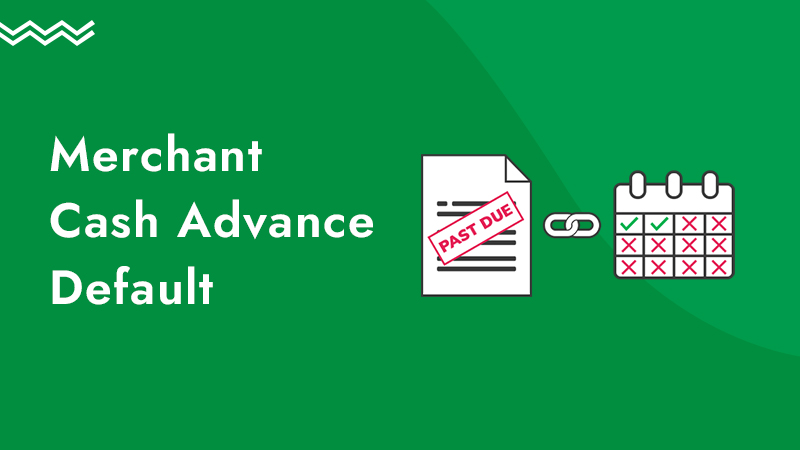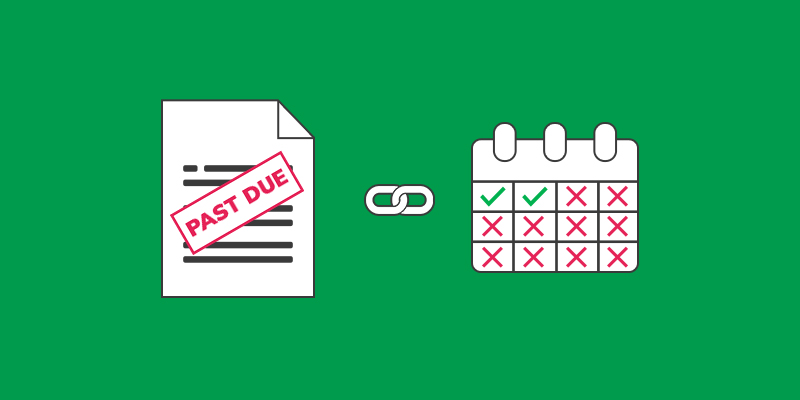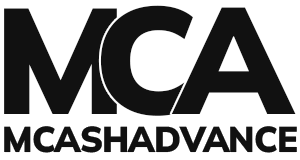
If you think you are about to default or are in a Merchant Cash Advance Default, it can be worrying as a small business owner. While MCAs offer a quick injection of capital when you need it most, this type of financing comes with its own set of risks, particularly the risk of default.
This article will explain the concept of MCA defaults, outlining what they are, the potential consequences you could face, and the steps you can take to prevent defaulting.
What is a Merchant Cash Advance Default?
A MCA default occurs when your business fails to make the agreed-upon repayments. An MCA is essentially an upfront sum of money that you repay through a portion of your daily credit card sales. If these repayments aren’t made each day, you automatically enter into default.

When Are You Considered in Default of Your MCA?
If you miss even one repayment, you’re technically in default according to most MCA agreements. This is a detail that many small business owners do not fully consider when taking out an MCA. Since repayments are usually deducted daily from your credit card sales, even a small issue like a technical glitch can quickly put you in default. That is why it is crucial for you to consistently monitor your account to make sure repayments are being processed.
How to Avoid a MCA Default
To avoid MCA default, contact your MCA provider immediately if you feel you are at risk of defaulting or already in default. Most providers are open to working with you during financial hardships. Explain the financial struggles in your business and show evidence of reduced revenue. After proving reduced revenue, ask for a modified payment plan or a short payment break. Keep communication open, especially if struggling with repayments, and try to renegotiate a payment structure that fits your current business revenue.
What Can Happen if You Default on an MCA?
If you can’t negotiate repayments with your MCA provider or communication stops, the next steps are determined by the terms in your MCA agreement.
Initiating Collections
Upon default, many MCA agreements allow the provider to access your business bank account to collect the outstanding amount. If this fails, they may use Automated Clearing House (ACH) withdrawals to seize any available funds. If these methods don’t work, the provider’s next step is usually to send your account to collections and initiate a lawsuit.
Legal Actions and MCA Lawsuits
Should you default, your MCA provider is likely to file a lawsuit to recover the unpaid balance and any additional fees. If you’ve signed a confession of judgment or a cognovit note, you’ve given up your right to defend yourself in court. This allows the MCA provider to secure a judgment against you and seize your funds, bank accounts, and other assets without your presence in court.
Personal Guarantees
If your business goes bankrupt and you’ve signed a personal guarantee, you remain liable for the MCA debt. This clause enables the MCA provider to file a lawsuit and seize your personal funds or assets.
Impact on Credit Score
While MCAs themselves don’t appear on your credit report, legal judgments do. A successful lawsuit by your MCA provider can result in a judgment on your credit report, negatively affecting your credit score.
Given the serious consequences and the speed at which an MCA provider can take action, consult an attorney specializing in MCAs immediately if negotiations stall or communication ceases.
Ready to Apply?
or learn more about merchant cash advances
The Bottom Line
Defaulting on an MCA could expose you to late fees, legal action, and potential damage to both your business and personal credit scores if a judgment is secured against you. When entering an MCA agreement, scrutinize clauses like “confession of judgment” “cognovit note” and “personal guarantees.” These terms can significantly impact your rights and liabilities if you default. If communication with your MCA provider breaks down, contact an attorney specializing in MCAs immediately for legal advice.

